The Halitosis Heiress
.jpg)
“Nothing should be noticed.”–Bunny Mellon
The great American financial dynasties originated with railroads, (Vanderbilt), oil, (Rockefeller), steel, (Carnegie). But there was only one whose wealth was predicated on bad breath: Rachel (Bunny) Mellon.
My Close-Up
.jpg)
“He taught me housekeeping. When I divorce, I keep the house.”
–Zsa Zsa Gabor on her fifth husband, Ned Sherrin
The 1950 Gene Wilder classic revolved around Norma Desmond, a recluse in her mansion located on Sunset Boulevard, in Los Angeles. Inside, the aging actress endlessly relived her glory days when she was the golden girl of the silver screen. Her non-cinematic counterpart was Zsa Zsa Gabor, a fellow femme fatale who also feasted on public adulation-even in her sunset years. The blonde siren had traversed the road from Europe to America in a story that could have sprung from a Hollywood studio script.
As the Wind Blows (1910)
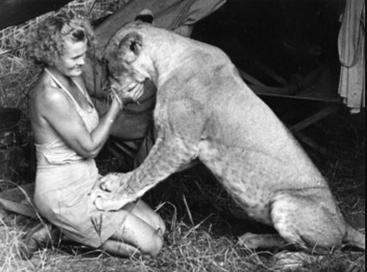
“Elsa has taken the place of a lover in my life.”~ Joy Adamson
e. e. cummings’s last stanza in his poem “maggie and milly and molly and may” stated, “For whatever we lose (like a you or a me) it’s always ourselves we find in the sea.” Joy Adamson found herself in the Kenyan savannah, in the company of her beloved lioness, Elsa.
The Ivanka
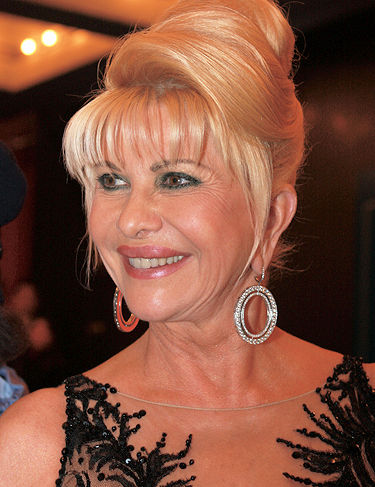
“Looking good is the best revenge.” –Ivana Trump
The story of how Ivana Marie ZelníÄÂková slipped through the Iron Curtain and ascended the pinnacle of the American hierarchy is the stuff of which a Grimm’s brothers’ tales could have been made. The differences between Ivana and her storybook counterparts are instead of a castle she lived in a tower, and her prince had a wandering eye.
In My End
.jpg)
Polish Pandora Box: My Sabbath Candles Talisman

For cereal aficionados such as Jerry Seinfeld, Lucky Charms denotes sugary marshmallows awash in milk. In 1964, General Mills introduced the “breakfast of champions” whose mascot, Lucky the Leprechaun, wears a hat sporting a four-leaf clover.
MUMTAZ MAHAL (1850)
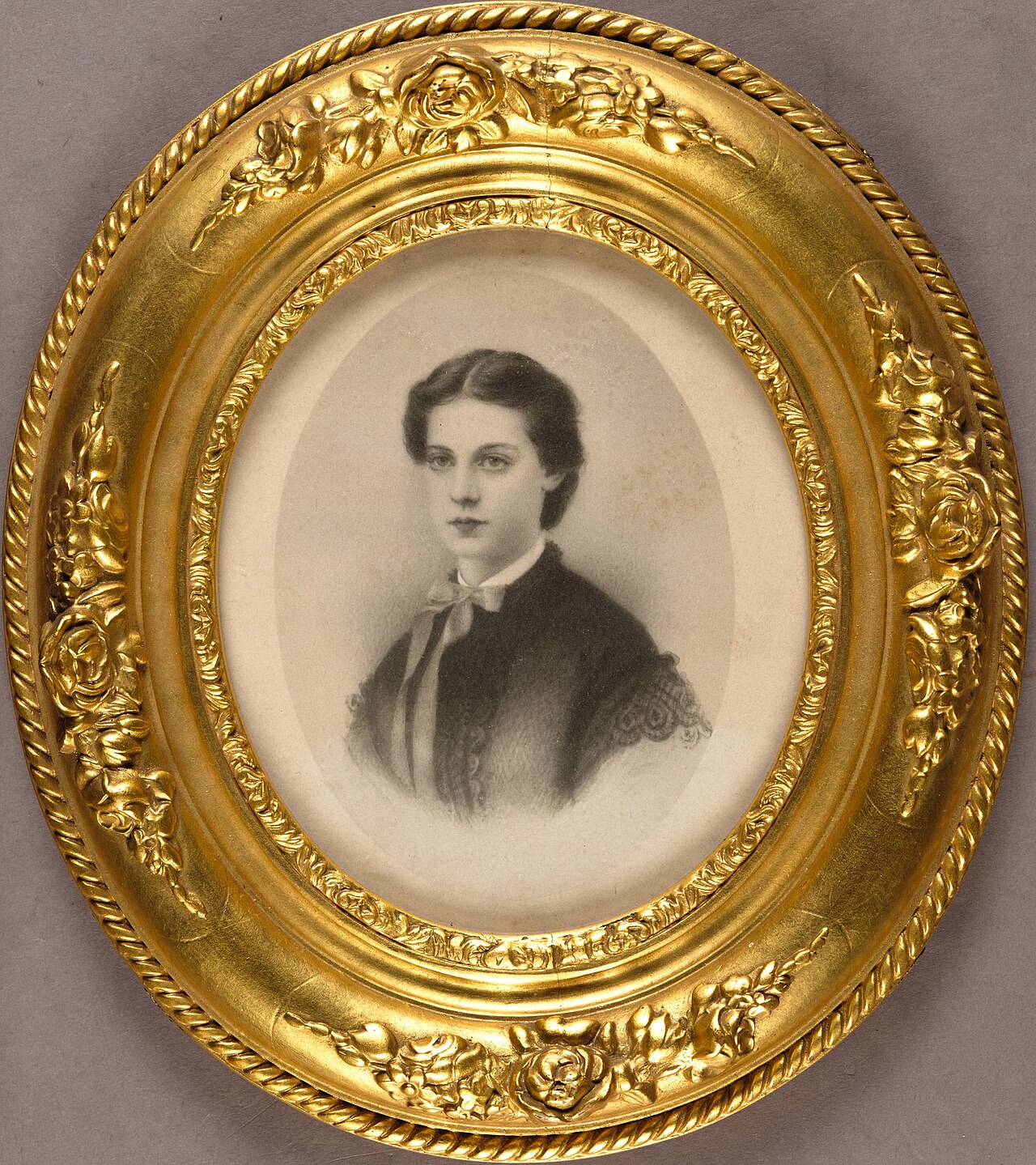
““You can obtain such self-control that no loss no disappointment can make you suffer, you can give up anything.” ~Arabella Huntington
The triple pillars of The Four Hundred-Mrs. Astor, Mrs. Fish, Mrs. Vanderbilt-achieved their stratospheric status via marriage. However, Gilded Age gal Arabella (Belle) Huntington-through an abundance of beauty, brains, and pheromones-was a siren who ensnared the heart of two tycoons.
A Nobel/Nobel Woman
.png)
The Titaness
.jpg)
"Thanks for the kind thoughts. Water was fine and swimming good. Neptune was exceedingly kind to me and I am now high and dry." ~Margaret Tobin Brown in a letter to her attorney after the Titanic tragedy
“I don’t care what the newspapers say about me, as long as they say something.” ~Margaret Tobin Brown
If one were to shake the snow globe of the Gilded Age heiresses, the flakes would reveal nights at the Metropolitan Opera House, dancing the quadrille at Newport balls, shopping at Macy’s. A discordant image would be of millionaire Margaret Tobin Brown rowing a lifeboat along the frigid waves of the North Atlantic Ocean as the White Star Line’s crown jewel performed its swan song.
Fearless
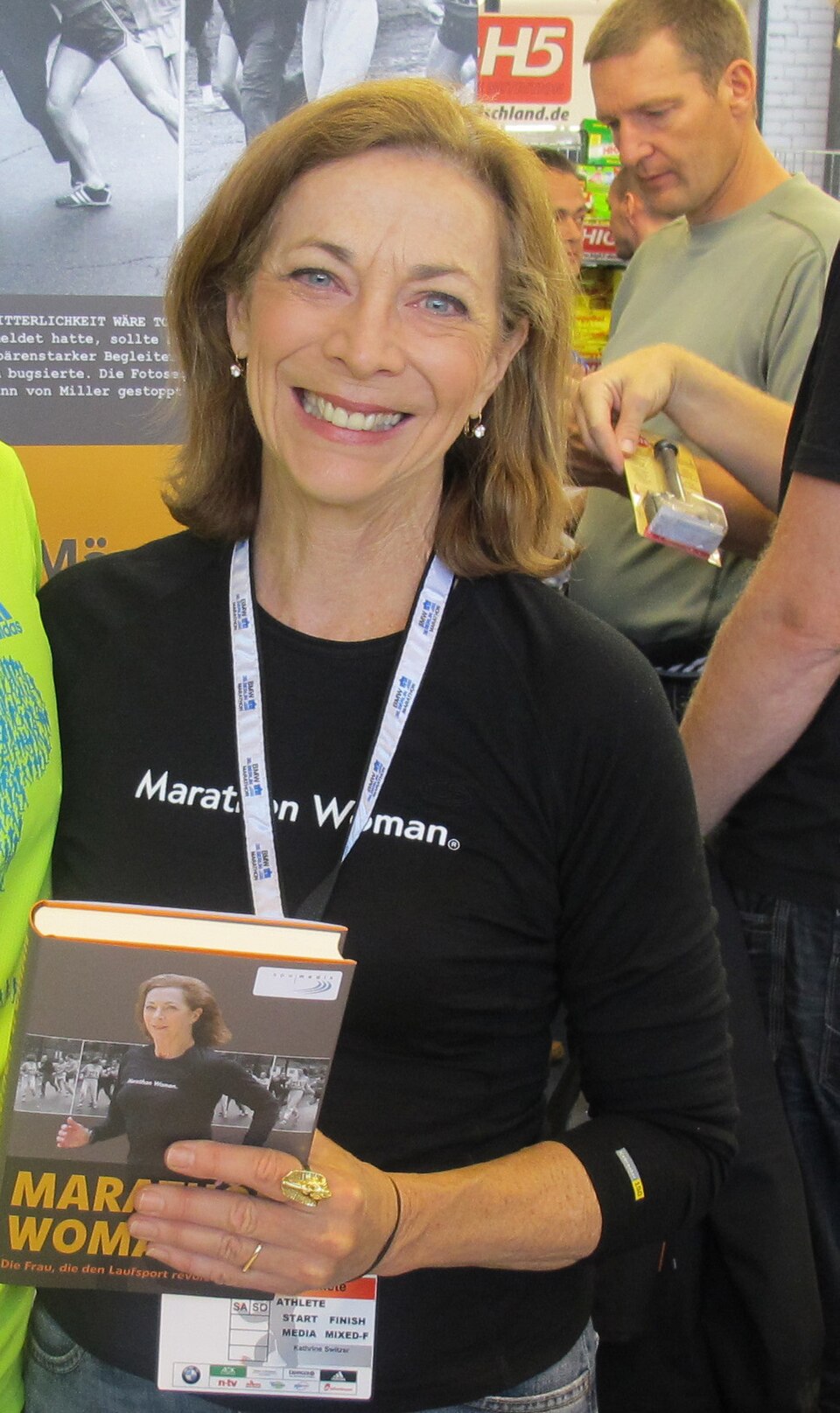
It's a Wrap
“I created the dress, but really the dress created me.” –Diane von Furstenberg
If we could eavesdrop on Cinderella, we would overhear her tell her granddaughters about her hardscrabble youth: named after cinders, dressed by anthropomorphic mice, a gourd as transportation. She would likely end by explaining how a pair of shoes can alter their destiny. A Belgium-born billionaire, Diane von Furstenberg, life changed, not through footwear, but through an item of clothing.
Belle da Costa Greene
.jpg)
Much is Expected
.jpg)
“ We must give of that which is divine within us, the love which is ready for all sacrifice, even unto life itself.” ~Anne Morgan
“The proverb, “Birds of a feather flock together” applied to the Gilded Age aristocracy whose daughters’ Holy Grail was Holy Matrimony-to a husband whose fortune was on par with her family’s. An exception to the rule was Anne Tracy Morgan who cared about causes and cared not a whit about coronets.
Where Rosemary Goes

An Extra-Ordinary Woman

The Pink Pussycat Club
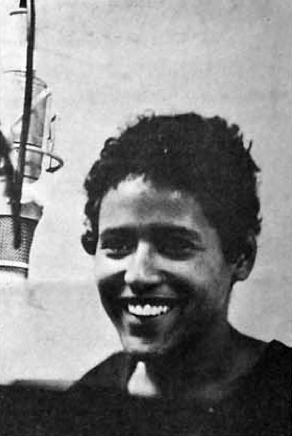
“Racism and sexism in America were equal parts in my oppression.”
In 1968 the Beatles sang, “You say you want a revolution…” A fist-raised woman would have been in agreement with the British boy band’s lyric. The black activists of the 1960s civil rights era were male; their wives were expected to serve as handmaidens-or widows- to their cause. Thus it was all the more shocking when a female rebel-rouser assumed control of the most misogynistic arms of the Movement.
The Lady Vanished
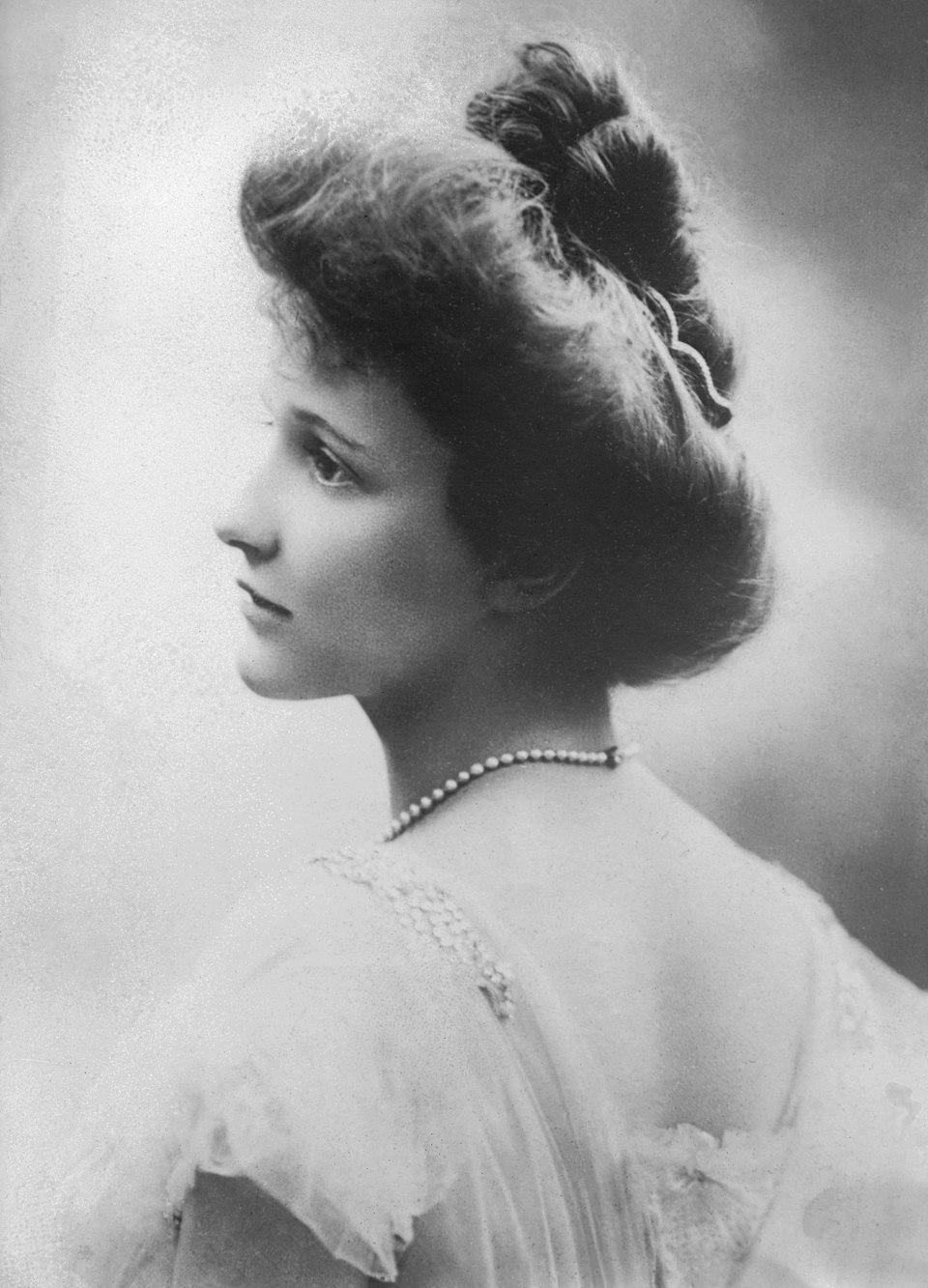
“In passing, also, I would like to say that the first time Adam had a chance he laid the blame on a woman.”. “Nancy, Viscountess Astor
While many of the Gilded Age gals whiled away their time in a swirl of opera, balls, and gossip, dollar princess Nancy, Viscountess Astor, became the British version of Eleanor Roosevelt as the first woman to infiltrate the British Parliament’s all-male sanctuary.
Lilibet
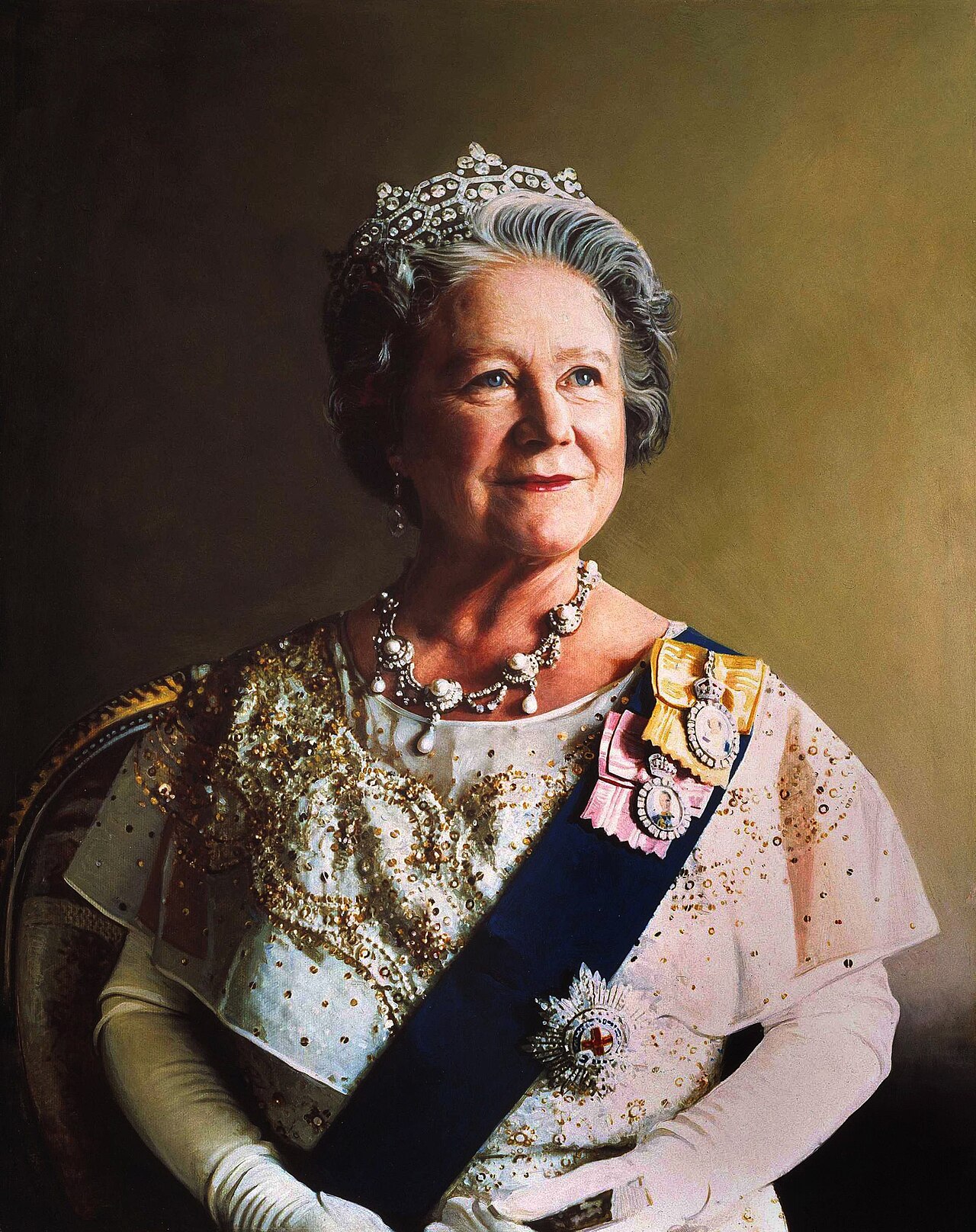
Monkey's Uncle
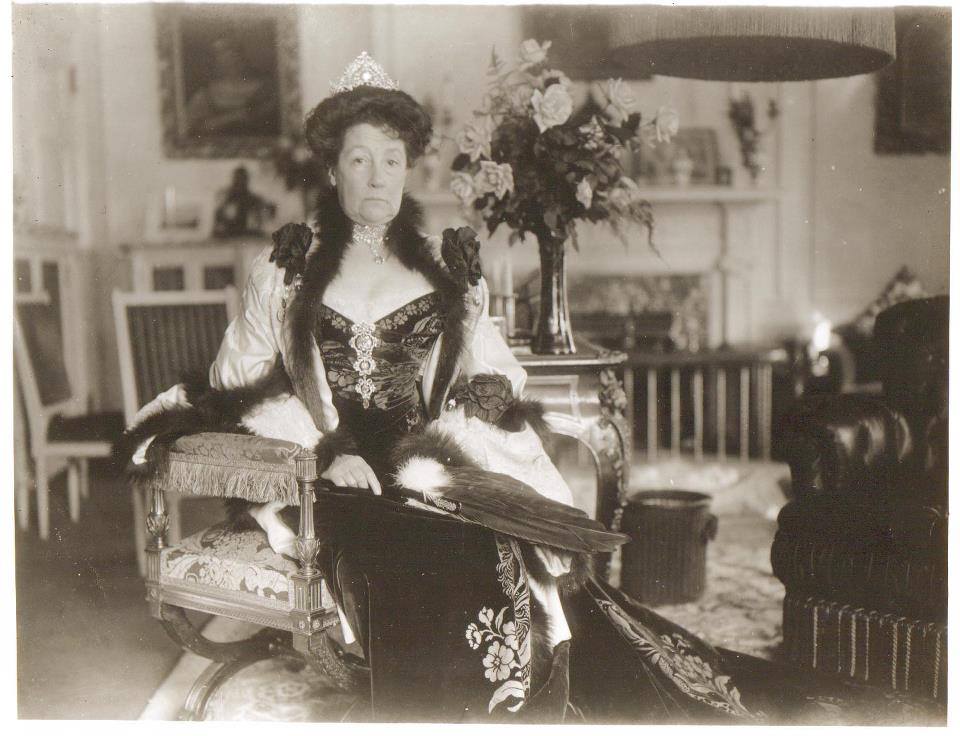
“Make yourself at home, no one wishes you were there more than I do.” Mamie Fish
In 1979, Judy Chicago displayed “The Dinner Party” a sculpture that featured three forty-eight-foot-long tables-the gathering of notable women of Western civilization- from the ancient Greek lesbian poet Sappho to the first female physician, Elizabeth Blackwell. Despite Judy’s prodigious oeuvre, the work, (now in the Brooklyn Museum,) cemented the artist’s reputation. Similarly, Marion (Mamie) Fish’s dinner parties made her a member of the Gilded Age golden girls.
The Wizard of Wall Street
.jpg)
“A good businesswoman is often sharper than a good business man.”–Hetty Green
Martin Scorsese’s 2013 film portrayed Jordan Belfort–a real-life Jay Gatsby–a rapacious predator who earned the sobriquet “The Wolf of Wall Street.” Predating Jordan was the nineteenth century Hetty Green whose detractors dubbed “The Witch of Wall Street.”

